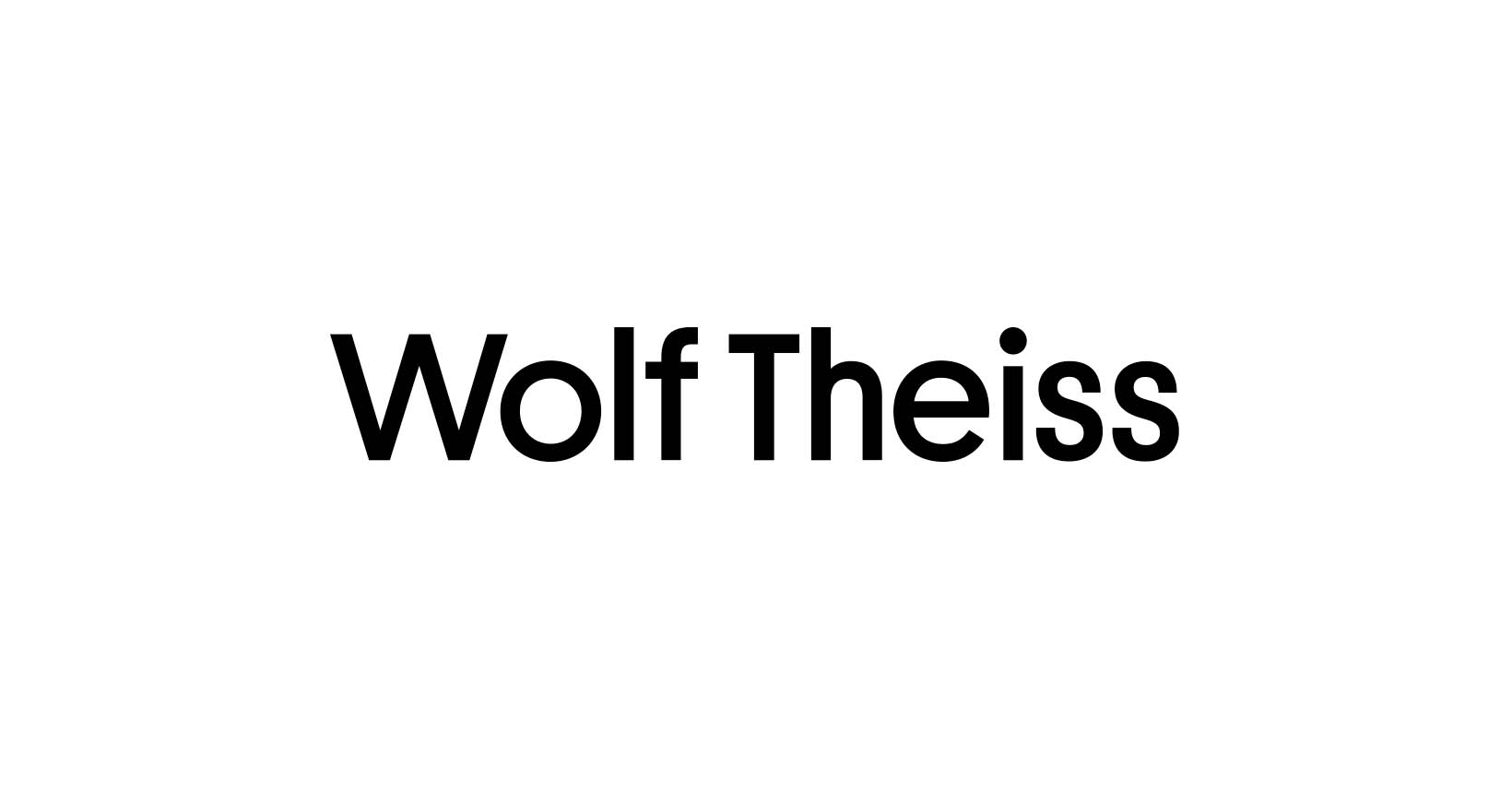
Hungarian Energy Market
Producers received a major stop sign for exiting renewable support schemes
1 Background
As a result of the recent electricity price increases, producers taking part in both the feed-in-tariff (FiT) and METAR support schemes have started to consider exiting the renewable support schemes, which has brought significant changes in the energy market. In response, the legislator firstly prohibited the possibility to re-enter the METAR support scheme as of 1 January 2022 (see Government Decree No. 787/2021 (XII.27) in Official Gazette No-242/2021).
Moreover, new restrictions came into force on 26 May 2022. These changes significantly limit the possibilities for producers participating in the renewable support schemes (see Government Decree No. 184/2022 (V. 25) in Official Gazette No 87/2022). The most important changes are summarised below.
2 Restrictions on Exiting the Renewable Support Schemes
According to the new legislation, FiT producers will only be entitled to enter a different balancing group (i.e., instead of the FiT balancing group) if they initiate the accounting of the received support under the rules for premium type support under the METAR regime (instead of the accounting method set out under the FiT support scheme). After exiting, a FiT producer may not re-enter the Fit balancing group. Consequently, producers are no longer entitled to re-enter the Fit balancing group, which was previously available 12 months after the date of exit.
In case of changing to the METAR support scheme, the applicable subsidised price shall be the average of the current compulsory purchase prices for the producer with a steady production over time, adjusted by the multiplying factor set out in Annex 1. of the FiT and METAR Government Decrees. Additionally, the supported period for producers remains unchanged.
A new restriction has also been introduced by the legislator. The so-called premium support contract (pursuant to Section 16(1) of the METAR Government Decree) may not be terminated by the producer (i) until the expiry of the green premium type support scheme period provided in the decision of the Hungarian Energy and Utility Regulatory Authority (HEPURA) establishing the eligibility for support scheme to the producer; or (ii) until the total amount of electricity eligible for the support has been accounted. We note that in accordance with the interpretation of the HEPURA so far, FiT producers do not become entitled to green premium type support under the METAR regime by concluding the premium support contract, i.e., the producers just conclude such a premium contract with MAVIR (TSO) on the basis of the rules of the METAR Government Decree. The amount of the support for the FiT producers who changed to the METAR regime is also determined according to the METAR Government Decree.
3 Expected Impacts
In terms of the constantly changing legislation on the renewable support schemes, producers may face a major challenge. It seems that in the current turbulent electricity market, energy policy no longer intends to leave the additional profits at producers which they realise above the FiT or METAR prices. It is doubtful whether the burden on industrial consumers who finance the renewable support schemes will be reduced in proportion to this revenue. However, prohibiting a contracting party from terminating a contract is quite an unusual legal instrument, even if there is a compelling reason for doing so (e.g., in the event of extraordinary termination). The situation of producers who (i) have not yet commissioned their power plant under FiT or METAR support schemes; or (ii) have already terminated a balancing group membership contract with MAVIR (TSO), which has not yet come into force is still unclear. Wolf Theiss is always available to provide you with the latest information and counsel on these topics.
The insight is also available in Hungarian
About Wolf Theiss
Wolf Theiss is one of the leading European law firms in Central, Eastern and South-Eastern Europe with a focus on international business law. With 360 lawyers in 13 countries, over 80% of the firm's work involves cross-border representation of international clients. Combining expertise in law and business, Wolf Theiss develops innovative solutions that integrate legal, financial and business know-how.
For more information about our services, please contact:
László Kenyeres
Partner
E laszlo.kenyeres [at] wolftheiss.com
T +36 1 4848 800
Alexandra Kelemen
Associate
E alexandra.kelemen [at] wolftheiss.com
T +36 1 4848 8843
Tamás Pál
Associate
E tamas.pal [at] wolftheiss.com
T +36 1 4848 859